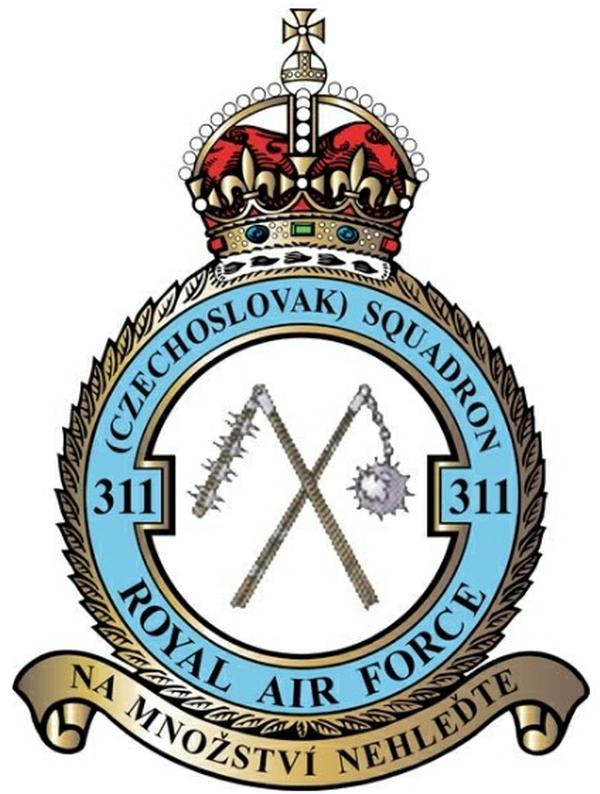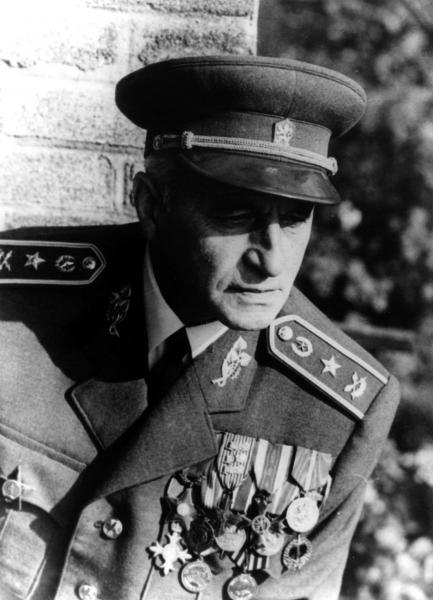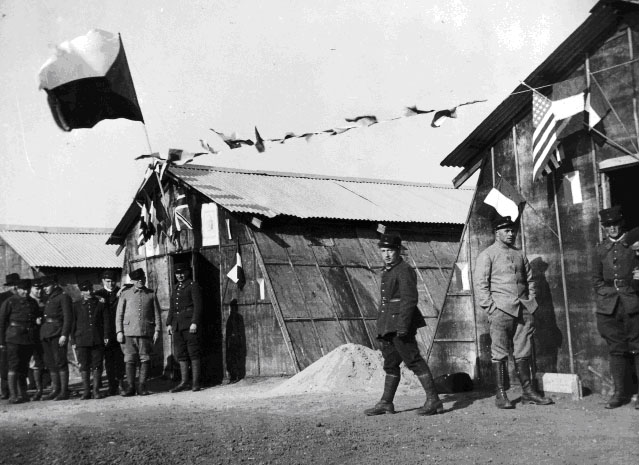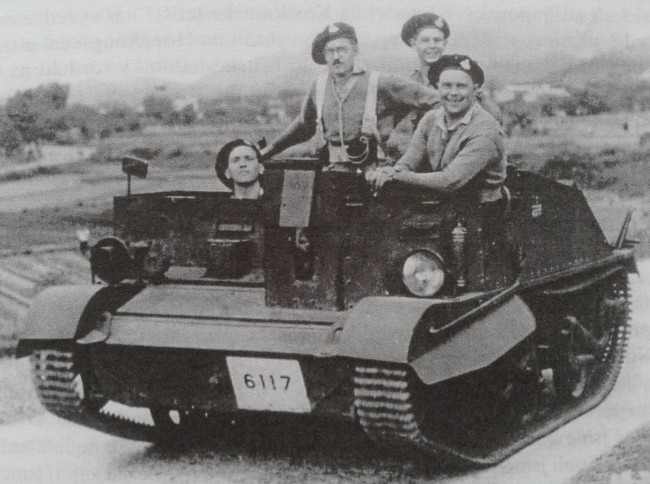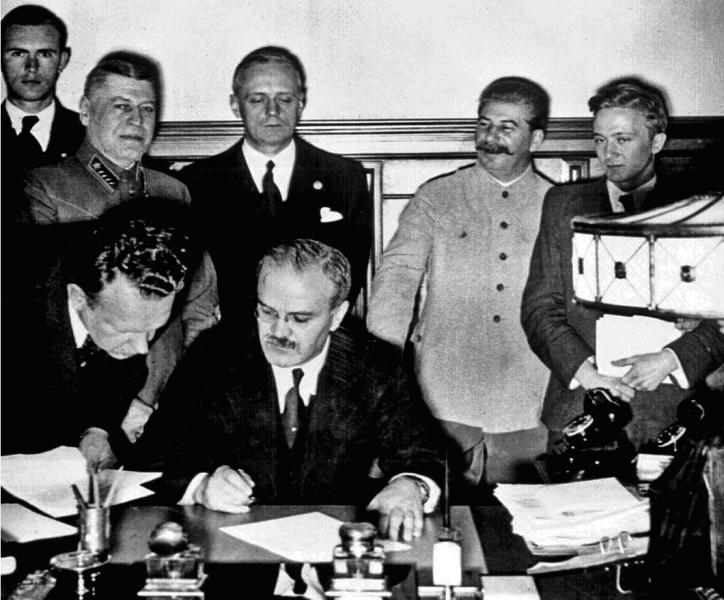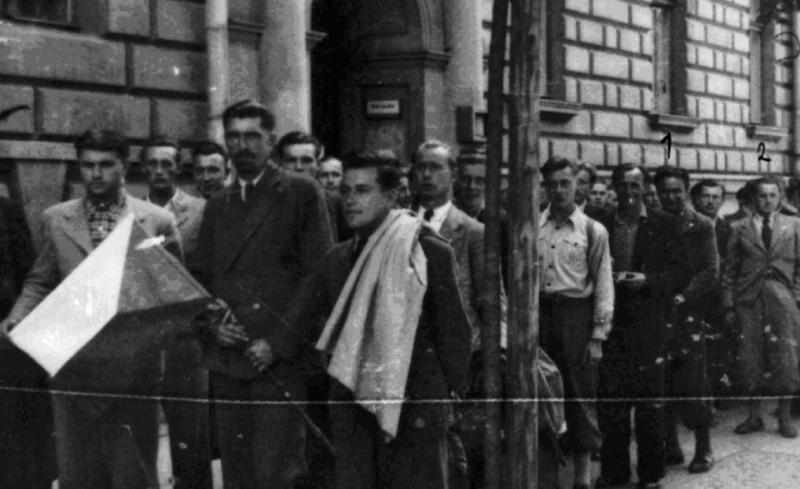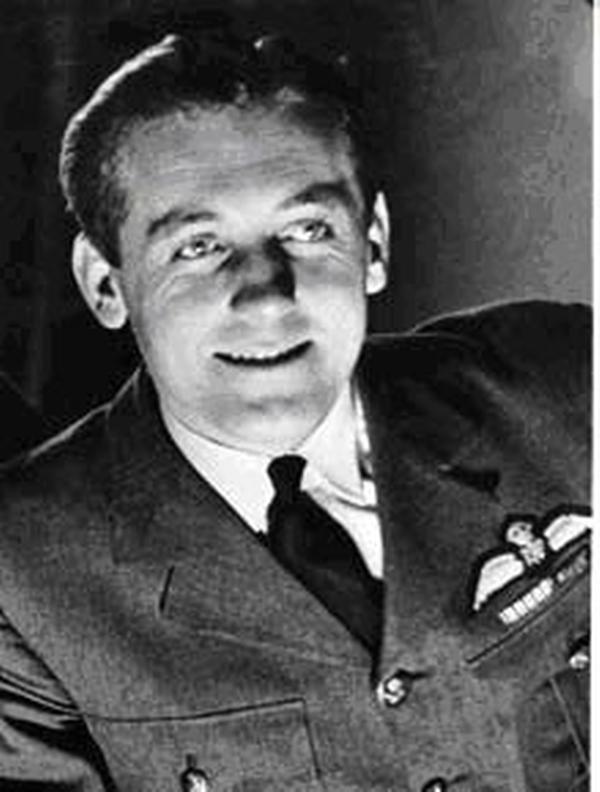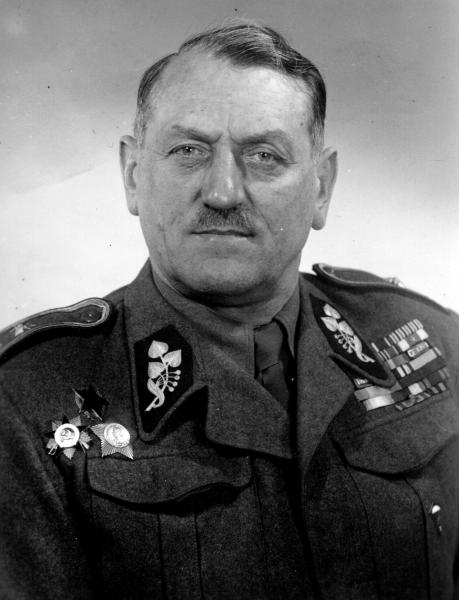"Hunger forced us to beg for bread from the settlers, and on this occasion we learned from them that the Red Army had crossed the border on September 17 and was going to help Poland. We are all just scattered around the village when 28 Russian planes arrive at ground level. We do not know the situation, and when we see a red rocket fired from a plane, we know that a rage command has been given, perhaps the worst in my life. The planes bomb the village from low altitudes in all directions, this one is immediately in one sea of flames, stirred up by massive detonations of standing ammunition trucks. After the bombing, Russian planes occupy a different formation, the so-called 'wheel', and machine guns fire at every target in the village that still seems alive. After an hour of this furnace, where we can't see each other for smoke and a hundred dead and wounded, the planes take off and we get out of the village. Our last things were destroyed by flames, so I'm glad to meet Lt. Lenc, rtm. Fornůstek and des.Vyhnis. We are looking for our unit, but in vain. ” So were the words of Lt. Václav Kopecký, who later fell into Soviet captivity.
